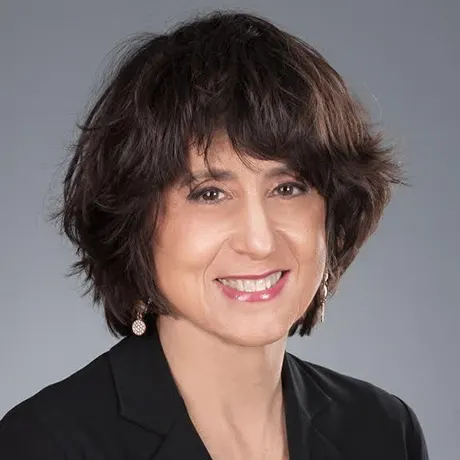6 Things I Wish People Knew About Parenting a Child With a Nonverbal Learning Disability
Before my daughter was diagnosed at age 5 with a nonverbal learning disability (NVLD), I already knew she was different.
As a baby, she wasn’t as active as other kids. She wasn’t well coordinated and didn’t have good balance. Sometimes she didn’t understand where her body was in space. For instance, occasionally she’d spill her water because she didn't realize the angle at which she held the cup mattered.
At the same time, she picked up language early, saying short sentences before she was 1, and speaking fluently before she was 2.
Her differences became even more obvious as she got older. She had a lot of trouble with social situations and with making friends.
One day in fifth grade, my daughter sat down at a table during library period next to a group of girls. Instead of welcoming her, they started to speak in gibberish, a made-up language my daughter didn’t know. That night, she went home and looked it up on the Internet. After spending hours mastering it, she returned the next day all set to join in. But as soon as she began speaking, the girls switched to Pig Latin, leaving her out once again.
In some ways, I felt as lonely as my daughter. Here is what I wish people knew about parenting a child with NVLD.
Nonverbal learning disability is a terrible name.When you tell people your child has a nonverbal learning disability, they often latch onto the nonverbal part. They think your child can’t or won't speak. But when kids have NVLD, their strengths are with spoken words. What they struggle with is understanding nonverbal social cues like facial expression, body language and voice tone. Missing these social cues can lead to being marginalized and isolated. Kids with NVLD can also have trouble with spatial skills, as well as with abstract and conceptual thinking.
Recess was the worst part of my daughter’s day as a young child.For a lot of young kids, recess is the highlight of the school day. But it wasn’t for my daughter. Having to figure out what to do and with whom to play when there was no structure was overwhelming. She sometimes had trouble socially during recess. She often couldn’t decide what to play unless a teacher organized an activity. As a result she was often left out and alone. Sometimes, she would even cry during recess.
There was no “right” school for my daughter.My daughter was bright and curious—she loved to learn. But she needed help with social skills and executive functioning skills. Unfortunately, we never found the right school for her. She didn’t fit in at a mainstream school or at a specialized school for learning differences. She fit in nowhere. In the end, we kept my daughter in a mainstream school. She shined academically, but socially she had a very difficult time.
There was a reason for my daughter’s poor table manners.Though she tried her best, my daughter had trouble holding a fork and knife properly because of her NVLD. It was hard for her to handle utensils while remembering to chew with her mouth closed and eat neatly. This made socializing during meals even harder.
She was often late because she had no sense of direction.Kids with NVLD can have a very poor sense of direction. Even though we live in New York City where the streets are set up as a grid with numbers, my daughter constantly got lost. Sometimes it was very scary because she couldn’t sense which direction cars were coming from. Over time, I've taught her learn to look both ways before crossing the street. And now that she’s older, she’s also able to find her way with the help of navigation apps on her smartphone. But I still worry about her safety.
Having a child with NVLD made parenting lonely, but it doesn’t have to be that way.My daughter’s childhood was lonely for both her and me. She was socially isolated, and so were we. Although she ended up becoming an excellent student, she never really had the close friends she so very much wanted. Yes, NVLD can be lonely. But it shouldn’t have to be. Seeing my daughter’s challenges, I realized that everyone needs a community. The Understood community is a great place to connect with other parents of kids with NVLD. And just like every parent needs a community, every child with NVLD needs a voice, too. A few years ago, I helped found the NVLD Project to help raise awareness about NVLD. Kids with NVLD need to be heard and we all need to listen.
Learn more about the symptoms of NVLD, including confusing signs of NVLD. Read a young adult’s message to her 17-year-old self about having NVLD. And get tips on how to help your child understand social cues.
Any opinions, views, information and other content contained in blogs on Understood.org are the sole responsibility of the writer of the blog, and do not necessarily reflect the views, values, opinions or beliefs of, and are not endorsed by, Understood.
